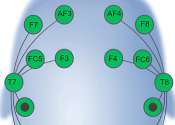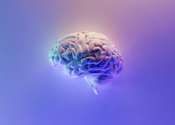Researchers report startling inflammasome discovery in Alzheimer's study
In recent years, researchers have largely converged on the role of inflammation in the development and progression of Alzheimer's disease (AD). Studies over the past decade have revealed unexpected interactions between the ...








